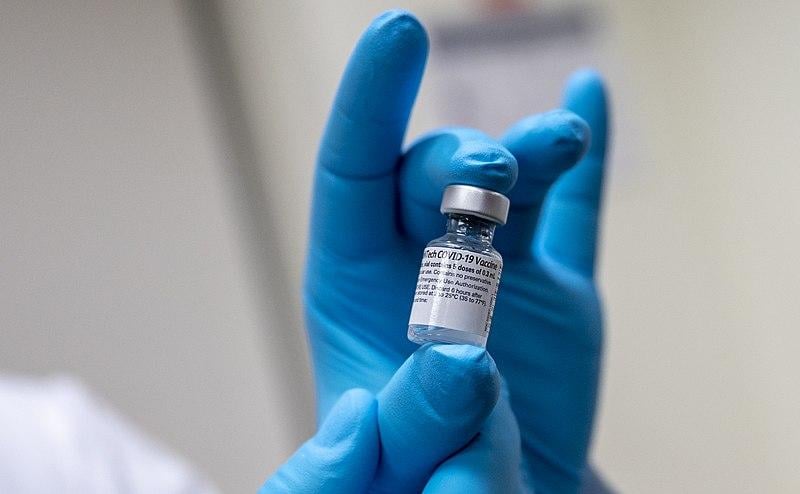
Major airlines are moving to require COVID-19 vaccines, at least among flight crew and other customer-facing employees. On Sept. 9, the Biden Administration announced vaccine mandates that will likely apply to nearly all major U.S. maintenance organizations, both airline and independent shops. Human Resources attorneys from Dorsey & Whitney discussed what is known and yet to be revealed about the Biden Administration vaccine mandates in a recent webinar.
The mandates can hit shops in two categories: 1. federal contractors and subcontractors; and 2. other shops with 100 or more employees.
As most major airlines likely have contracts to carry federal employees on business trips, their maintenance shops would probably fall under the first category. As many significant independent shops maintain both civilian and military aircraft—or support shops that do—they, too, would fall in this first category.
In the second category (shops that neither perform nor support maintenance of military aircraft), only those under 100 employees escape the mandates.
For the first category (federal contractors or subcontractors), vaccines are mandatory, with no option for regular testing in place of vaccination. The mandate applies to new or extended contracts or contract-like agreements valued at $250,000 or more. An executive order due on Sept. 24 will further clarify which companies are subject to this rule. Compliance is set for Nov. 22.
The second category may use weekly COVID-19 tests in place of vaccination. This second category is under an emergency temporary standard that will be in place for only six months, until a formal rulemaking is issued, if the need persists.
There are very limited exceptions to the vaccine mandate for both categories. Employers can exempt employees under the Americans with Disabilities Act, make reasonable accommodations under Title VII for bona fide religious beliefs and exempt employees who face significant, scientifically demonstrated risks of harm from the vaccine.
Generally, employers can require either proof of vaccination or employee attestation that they are fully vaccinated. Managers must designate one human resources representative to review and record employee proof of vaccination.
The Biden mandates are being deployed amidst a thicket of other laws and some Constitutional uncertainties. More than 20 states already have vaccine mandates, while other states prohibit employers from even asking about vaccines. Texas, Florida and Montana are energetically challenging the broad Biden vaccine mandates, but not necessarily the mandates for federal contractors or subcontractors.
In the meantime, Dorsey lawyers recommend managers begin by taking several steps. First, they should determine whether the company is a federal contractor or subcontractor. Dorsey partner Drew James says a letter from a prime contractor or a search of the Federal Data Services can help answer this question. Then, they should draft a vaccine policy, including who pays for vaccines or tests, and ensure possible exemptions for disability, religious accommodation and side-effect risks. Finally, they should prepare for new requirements due to changes in COVID-19—for example, new variants.
What if a mechanic or other maintenance worker refuses to get a vaccine? The Dorsey lawyers recommend that managers avoid being “a jerk.” Look at reasonable alternatives; for example, unpaid leave until the employee is in compliance or progressive steps in discipline.





